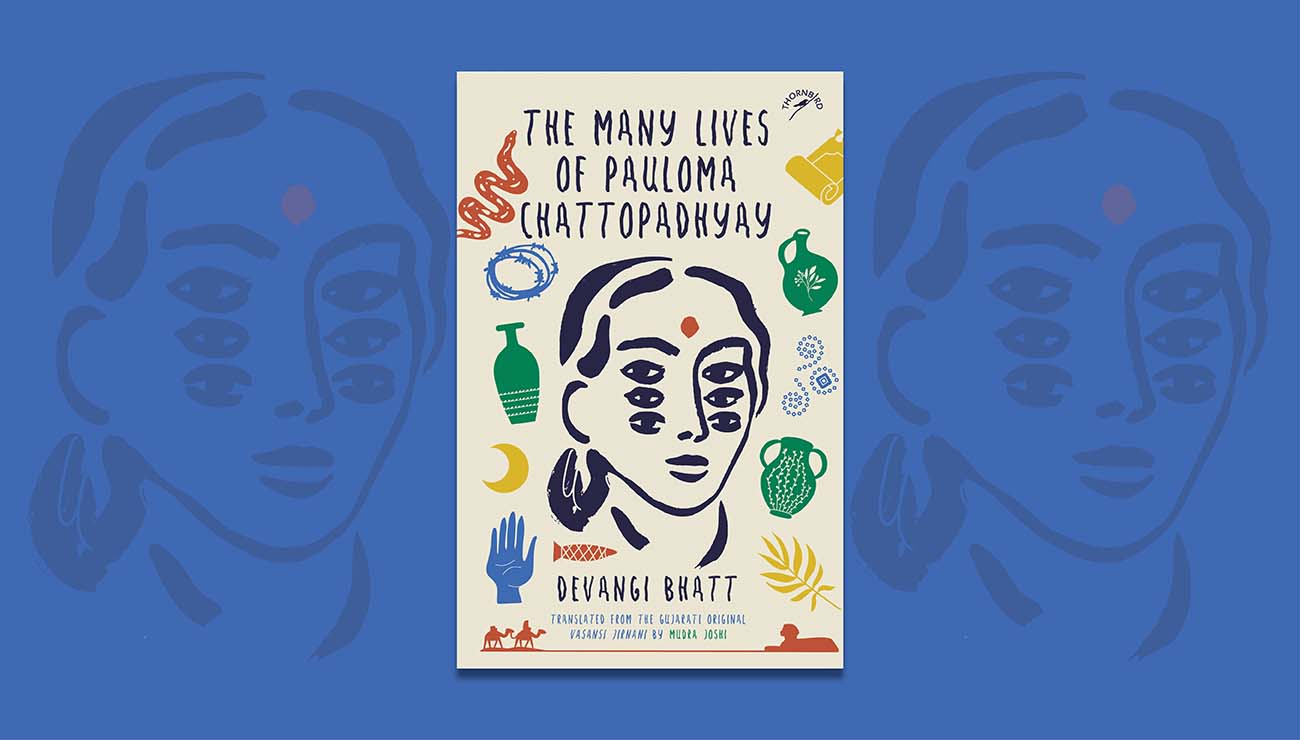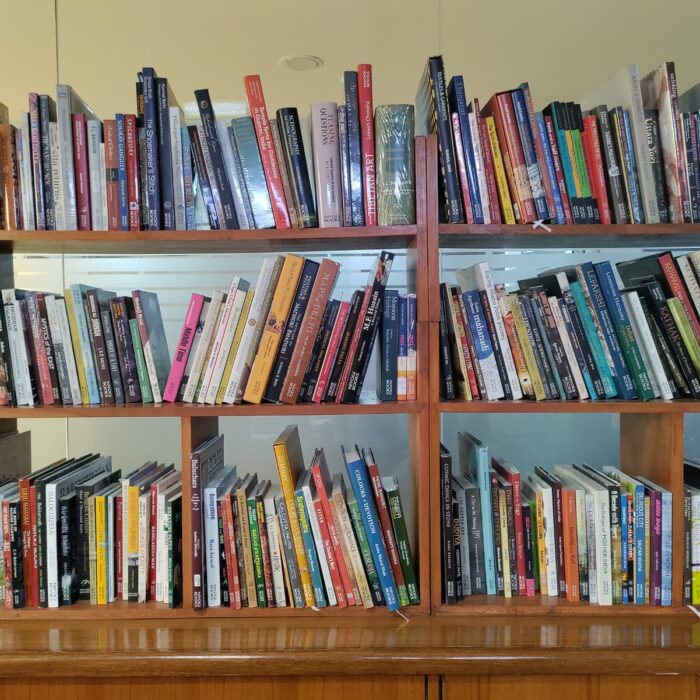
Excerpt from The Many Lives of Pauloma Chattopadhyay
A Psychological Journey Through Delusion, Memory & Identity
Dhananjay was the first to raise his hand and ask, ‘Sir, do people suffering from delusions know they are living in an illusion? I mean, are they aware of their illness?’
Mr Nair responded, ‘Ideally, the answer should be a straight no. If the patient knows that he lives in an illusion, he cannot be called deluded. The main symptom is the inability to distinguish between the real and unreal. But in 0.001 per cent cases, the patient may accept that everything he holds true can be false. Even in this rare case, he won’t know what is true and what is not.
Saba’s voice came from the back row, asking, ‘Is there any extreme example, sir?’
Mr Nair thought for a while and suddenly recalled, ‘Let me give you a recent example. A middle-aged woman from Kolkata was diagnosed with extreme delusion around ten or twelve years back. She used to think that a parallel world exists in her household storage utensils.
The class erupted in laughter.
Mr Nair smiled too and continued, “This seems very amusing but the woman had stuck to her belief with incredible self-conviction. The doctor treating her had taken a personal interest and sent her to the best practitioners in the country. The matter was much discussed, and globally, scientists and doctors had shown an academic interest in the case.
Vijay, who could not stop laughing, asked, ‘So, did they find a Neverland in the utensil? Which utensil was it? A bowl or a spoon?’
The class tittered again.
Mr Nair became serious. ‘Unfortunately, the matter is as trying for the patient as it is entertaining for us. Several doctors engaged in personal sessions with the lady and asked countless questions. She wasn’t too educated, and her knowledge of history was almost nil. But the descriptions she gave were classified into three distinct time periods. The era of the Second World War in some western countries around 1940, a Middle Eastern country around 1950, and a backward rural region of India before the arrival of television…it must be 1960 or before that.
‘Sir, can it be a case of past life’s memories?’ asked Ronnie. Vijay loudly remarked, ‘You mean rebirth?’
Everyone’s face contorted with the suggestion, but Mr Nair replied seriously, ‘No, it can’t be. The time periods she described were overlapping with each other. Let me explain… How can a young woman in 1940 who kills herself be alive as another young woman in a different country in 1950? Or how can a woman alive in 1960 in rural India be middle-aged in the Kolkata of 2016? The patient herself must have been born around 1960. So, nothing was making sense. After innumerable attempts and experiments, the conclusion was that the lady was delusional.
Anahita, who had been listening to the discussion carefully, raised her hand and asked, ‘Was she cured, sir? Did she understand the truth of the matter?’
‘No. She became completely untethered from reality. She stopped speaking to everyone and remained shut in her room.
She passed away a few years later in the same condition.’
Silence engulfed the class. These students were not seasoned doctors yet…they had not achieved equilibrium in the face of pain.
_______________________________________________________
Vijay went to the library after class. He wanted to look for a book by Freud. The library was crowded and the stacked shelves screamed of disorganisation. He took out several books, looked at their covers, and returned them to their places. A book fell down. He dusted it without much attention and placed it back before moving on to another shelf.
On the cover of that book was a small child with golden hair and a uniformed soldier. The title read My Nazi Father by Sarah Henry.


